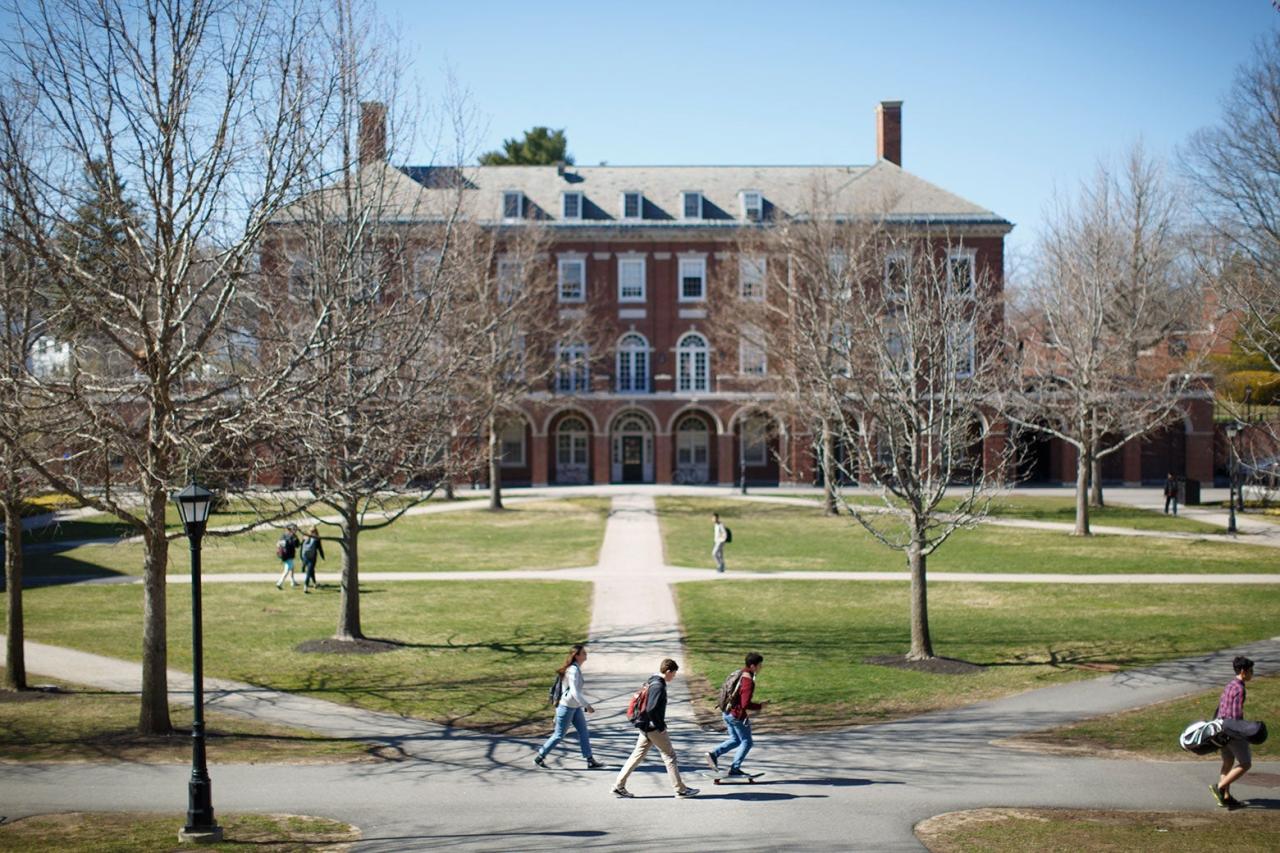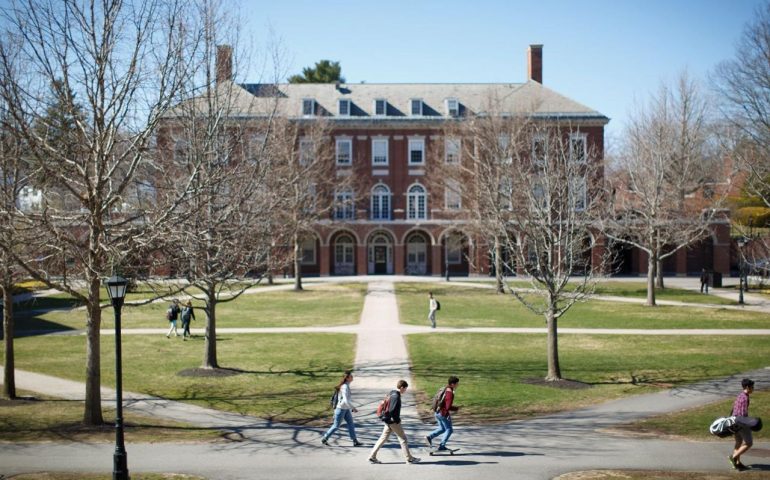
The Ivy League has faced criticism in recent years over unfair admissions practices and scandals involving wealthy parents buying their children’s way into elite colleges. In response, Ivy League institutions are modifying their admissions processes to increase equity and transparency. These changes aim to restore public trust in Ivy admissions.
Eliminating Legacy Preferences
Legacy admission preferences for children of alumni have allowed wealthy, often white applicants an advantage at Ivy schools for decades. But recently, top Ivies have reduced or eliminated legacy policies. Harvard dropped legacy considerations in 2021. Princeton ended early admission legacy benefits in 2018, leading to increased diversity among admitted students.
Columbia, Penn, Dartmouth, and Brown still consider legacy status but afford it lower weight during reviews. As Jason Carroll, Dean of Admissions at Columbia, stated, “We’re trying to level the playing field for all applicants.” Eliminating legacy preferences makes Ivy admissions more equitable.
Increasing Access for Low-Income Students
Expanding recruiting of talented low-income students broadens access to the Ivy League. Schools are partnering with nonprofits like QuestBridge which connect high-achieving, underrepresented students with leading institutions. As part of the American Talent Initiative, the Ivy League aims to increase low-income enrollment to 20% at each school.
Ivies have also expanded financial assistance through no-loan policies and free tuition for families earning under $125,000-$150,000. As Harold Levy, former Chancellor of New York City Schools, said, “Providing more robust scholarships and outreach to disadvantaged areas will open the door to thousands of diverse, worthy students previously shut out of the Ivies.”
Emphasizing Community Service
Ivy League schools are placing more emphasis on applicants’ generosity and contributions to others. Volunteering, community service, and leadership in making a difference matter more today. Experience improving lives demonstrates applicants’ values beyond academics. This provides a more holistic evaluation aligned with each school’s mission.
For example, on the Common Application adopted by most Ivies, students now complete an entire section on “Activities to Help Your Community.” Ivy admissions teams look closely for selfless involvement indicative of character.
Assessing Accomplishments in Context
To reduce bias, Ivy admissions staff are now trained to evaluate accomplishments within students’ socioeconomic contexts. An upper middle class applicant participating in five extracurriculars appears less impressive than a low-income student working part-time who squeezes in two. Reviewers are instructed to consider barriers applicants have overcome.
This context-based approach identifies perseverance and potential in students from all backgrounds. According to Jim Jump, former admissions head at Brown, “Evaluating achievement relative to opportunity provides the most fair, holistic way to build an entering class of diverse talents.”
Increasing Transparency
Ivy League colleges publish extensive data on each admitted class, including percentages by gender, race/ethnicity, immigration status, and household income level. This transparency allows the public to see firsthand the diversity resulting from updated policies. Transparency also builds trust and deters future scandals.
Schools openly detail selection factors considered, such as artistic talents or living abroad. Explaining what matters makes the process understandable to anxious applicants. According to William Fitzsimmons of Harvard, “Increased transparency is critical – secrecy breeds mistrust.”
Balancing Standardized Testing
Wealthier students often have advantages on SAT/ACT tests through expensive prep courses. While still requiring scores, Ivies now take a balanced approach. Grades, rigor of high school courses, extracurriculars, and personal qualities also carry significant weight. This dilutes benefits of test prep and tutoring.
Additionally, all Ivies are now test-optional, allowing students to apply without submitting scores. Says Christoph Guttentag, Dean of Undergraduate Admissions at Duke, “By depending less exclusively on test scores and looking holistically at applicants’ strengths, Ivy admissions can identify the most promising students.”
Auditing Admissions Outcomes
To monitor progress, Ivy League schools are internally auditing admissions data yearly. This identifies any lingering gaps in diversity, access, and equity. Audits ensure enhanced policies translate into measurable improvements in opening doors for underserved groups. Any issues revealed lead to adjustments in procedures to meet inclusion goals.
Conclusion
Recent controversies highlighted shortcomings in Ivy League admissions. In response, these esteemed institutions have courageously revised practices to make elite education more accessible. By increasing transparency, flexibility, context, and diversity, Ivy League colleges are creating a model of equitable, merit-based admissions for all higher education institutions to follow.









